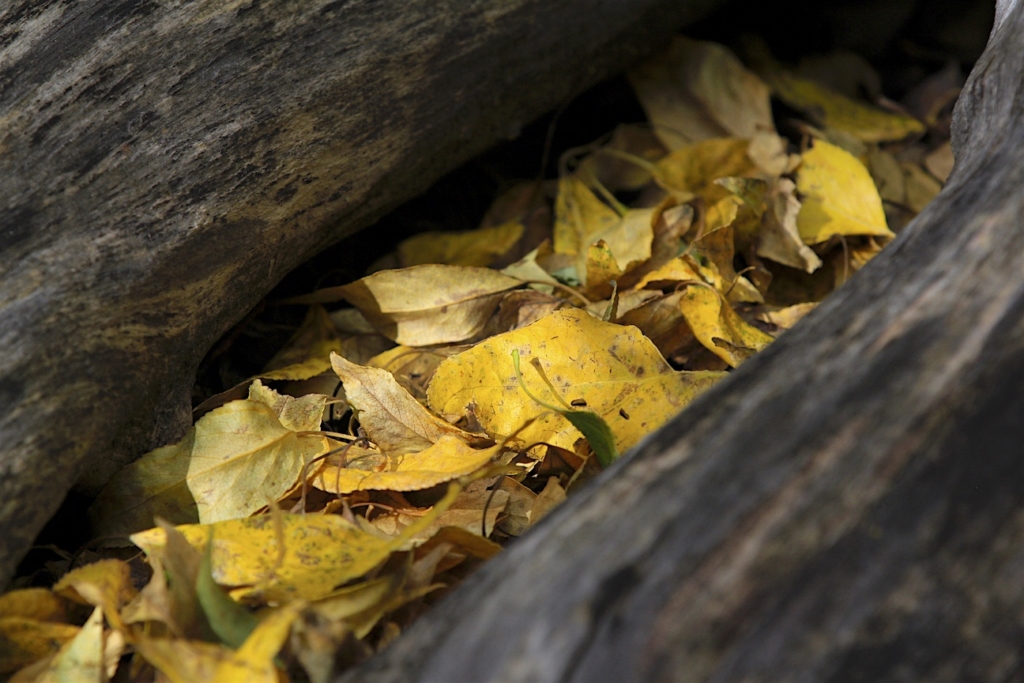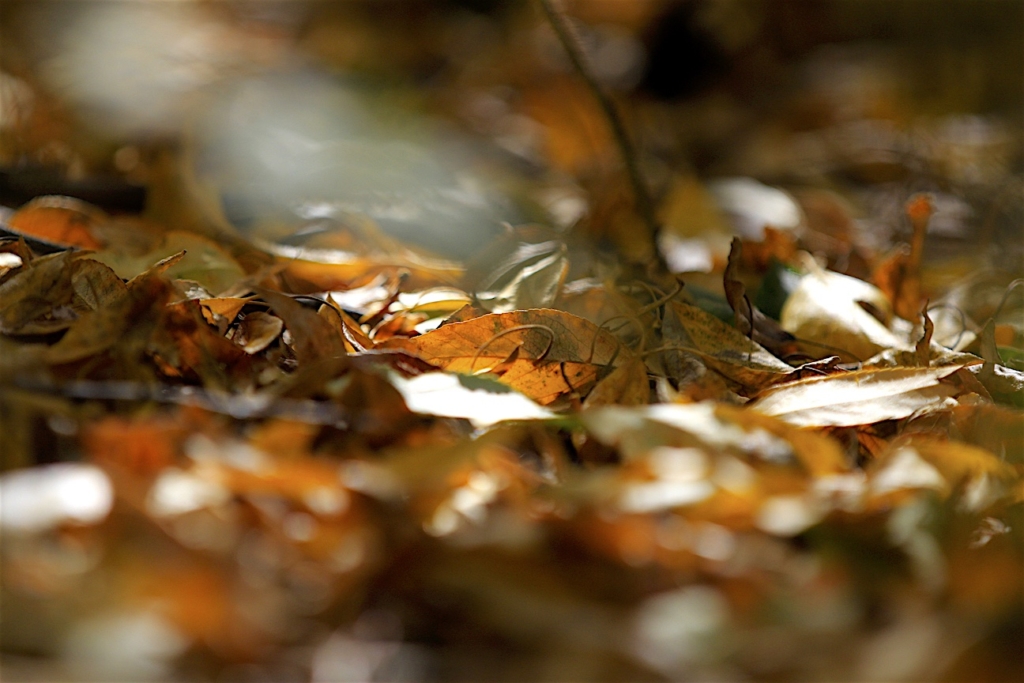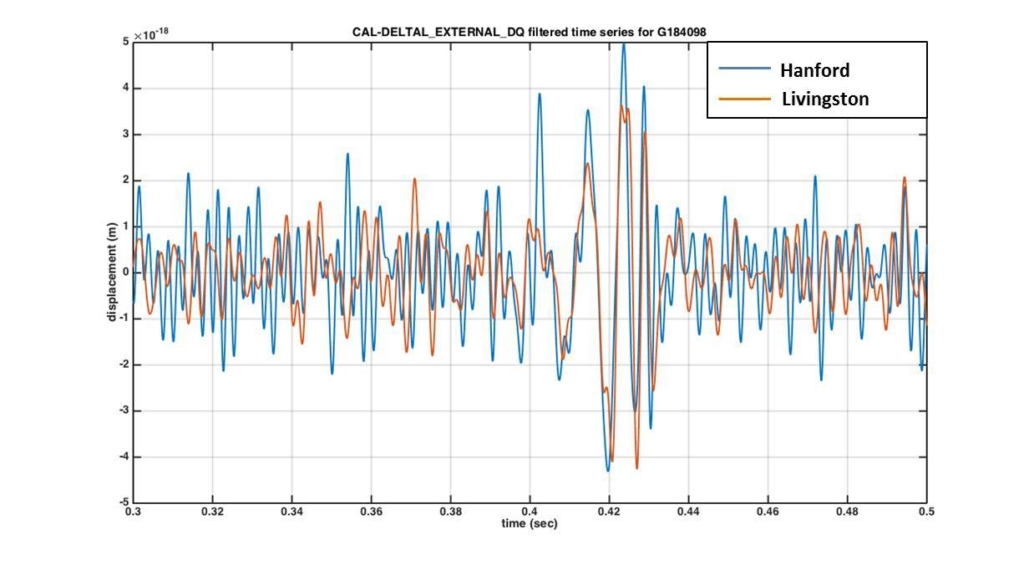A mantra for the New Year
Seek intellectual stimulation.
Express creativity in multiple forms.
Promote science education as the best hope for the next generation.
Never stop learning or challenging the norms.
Seek intellectual stimulation.
Express creativity in multiple forms.
Promote science education as the best hope for the next generation.
Never stop learning or challenging the norms.
Yesterday I received a revision to Karoo GP which now includes the Python machine learning library TensorFlow. The 10,000 row dataset which consumed 48 hours for 30 generations of evolution on a powerhouse 40 core motherboard now runs in less than 4 minutes on a single GPU card.
30 lines of code revised, and Karoo enjoys a 720x improvement in performance.
I am blown away.
The updated version of Karoo will be released to github with the close of December, after the contract developer and I complete a suite of tests and the code is prepared for release.
In June, July, and August I was almost daily engaged in the application of evolutionary computation to glitch classification at LIGO. I worked extensively with Marco Cavaglia and his students Hunter, Luciano, and Kentaro for this effort.
We wrestled with the data, trying to find new ways to extract features which provide stronger correlations. We made progress, got lucky a few times, but more often than not hit dead ends which forced us to circle back to the start.
The joy of this arduous process is complex, for it entails both a passion for success and failure, the two faces to discovery. My professor too often said, “Research is hard” as a badge of honour, a mark of the fearless and brave and dedicated. Yet he failed to say “Research is rewarding!” As a recent New Scientist article presented, it is the people we work with that make most jobs tolerable. I am fortunate to have the best of both–an incredibly engaging challenge conducted with incredibly engaging people.
I have the joy of working with some of the brightest and the best, the funniest, the most seasoned and the most juvenile. We laugh far more than we do argue, yet we celebrate only long enough to realise our mistake and then dive back into another seemingly endless, dark tunnel. The phone calls, the TeamSpeak meetings, the hundreds of emails that keep us going. For with each communication we are challenged to prove our findings, we are challenged to be better at our job than we were before. No one ever says, “That is good enough.” Always, the challenge is for more. Higher accuracy. A stronger correlation. An improved better dataset. Better writing, presentation, and publication.
This week I will officially engage as a “Visiting Scientist” at the Embry-Riddle Aeronautical University in Prescott, Arizona where I am working under Dr. Michele Zanolin and with Marek Szczepanczyk, PhD candidate and chair of the supernovae group at LIGO.
Together, we are applying evolutionary computation, genetic programming in particular, to the classification of Coherent Wave Bursts (CWB) in LIGO data. While we have just begun, only a few data runs in our shared experience, we know the work will be long, challenging, and more likely to fail than succeed. But it is the people with whom I am working which compels me, as much as the prospect of success. If I can play a small part in the team which may, some day, detect supernovae using gravitational wave astronomy, then that small part will be an honour indeed.
The Internet has failed to deliver what was promised over two decades ago. Or perhaps, we have failed to fully embrace that which it delivers.
We have at our finger tips facts, figures, and data. At any given moment, 24 hours a day we can validate and substantiate the tidbits of information which bombard us. We can negate rumours, stories, and marketing campaigns that tease our sense of logic or appeal to our emotional pleasures and fears.
Yet, we do not.
The Internet also delivers a kind of drug, an addictive substance which calls upon the very foundation of our DNA. We are drawn into conspiracies, twisted logics, and backward ways of thinking that support our innermost fears, the stuff that predates one or two generations as we give into eons of xenophobic behaviour.
While the spiritually minded speak hopeful of consciousness rising, I see instead the rise of the human species for who we are when the spiritually minded retreat to their havens of like-minded and similarly kind.
Perhaps some day the Internet will deliver an upgrade to humanity, a version 2.0 in which we care about the other as much as we do our own self. But for now, the beta release a few million years in the making will have to do.
I have a gift for you.
Something thin, transparent, yet powerful and strong.
It is able to block the most painful, invisible projectiles and
in the same moment, allow what is desired to enter.
It is neither supernatural nor entirely physical, … or perhaps it is both.
I have something for you, a gift that cannot be given, a source of tremendous power that is always within reach yet difficult to receive.
The gift is you.
A.I. Apocalypse, Arizona Science Center, October 21, 2016
“From Pinocchio to the Terminator, What A.I. Teaches us About Ourselves”
Kai Staats was the opening presenter, joined by Dr. Peter Jansen and Prof. Clayton T. Morrison from the University of Arizona for a panel discussion for this unique event.
My revised MSc thesis was submitted today. More than 120 hours effort across six weeks. There is no end, for there is always room for improvement, always more content to generate. Ultimately, you just stop and turn it in. Challenging, educational, and rewarding. Now, I wait …

 Sometimes fall comes gradually, over the course of several weeks such that one is hardly aware of the looming change. Leaves transition from green to yellow to red to brown as the Sun traces lower and lower arcs across the sky.
Sometimes fall comes gradually, over the course of several weeks such that one is hardly aware of the looming change. Leaves transition from green to yellow to red to brown as the Sun traces lower and lower arcs across the sky.
But sometimes fall comes on the tail of gusting winds so strong that trees shed their leaves in a single day, and the temperature marks the change of seasons from sunrise to sunset. No matter the velocity, when winter approaches, fall descends upon the Rockies with bold display and vibrant array of all that will soon be buried in snow.

When I was in primary and secondary school, our family heated our home in Columbus, Nebraska with a wood burning stove. My grandfather Raymond would deliver logs from the timber on our farm in Iowa. He drove eight hours round trip, two or three times each year. This was his gift to us, fuel prepared by his own hands in order that we could heat our home at a reduced bill.
My job was to check the stove when I returned from school, as I was usually home before my brother Jae or my parents. I removed the ashes if the fire was out, added wood and stoked the flames. We kept a pot of spiced cider made from unfiltered apple cider, one or two slices of an orange, a tea bag, cinnamon and cloves. The aroma filled the house, from the basement where the stove was held, to the entire upper floor.
I learned that when the stove reached 600 degrees Fahrenheit water droplets no longer boiled away, rather, they bounced around the surface of the stove, retaining their full form. They could even be guided by my blowing on them. After a half dozen, eight, or even ten seconds they absorbed too much heat, the invisible layer which kept them isolated no longer a protective barrier. They stalled and vaporised. I was fascinated by this process, adding salt or sugar to learn if I could increase the time they would survive the tremendous heat. But all I accomplished in my experiments was leaving stains on the matte black stove paint.
Each winter weekend my father would head into the backyard to chop wood. As a boy, I recall him being quite strong, with arms the diameter of the logs he was about to take on. Yet in a recent conversation, my father reminded me that the world looks quite a bit bigger when we are small, our admiration exaggerating further still.
I recall his boots breaking the surface of the hard, icy mid-Western snow. The sound of the axe neatly slicing a log in two was such that I knew, even if turned the other way, if the cut was clean. I stood the logs, one by one on the chopping block, a large diameter stump which received the blade when my father cut through.
For wood too wide for an axe, my father used a sledge hammer to drive a steel spike deep into the grain. The sledge hammer raised overhead drove the spike out the other side. The crack of the wood was a telling sign that the placement of the blade or spike was just right, or if it would jam. We’d stack the split wood on the side of the house or in the garage, carrying an arm full each into the basement to place on the brick flooring which supported the stove.
This past week, here at the Buffalo Peak Ranch, a hint of winter arrived. Nights in the low thirties give way to crisp mornings and afternoons whose warmth is waning. Three evenings last week I maintained the wood burning stove into the night, sleeping on the futon just across from the source of heat. Sometimes I wake in the early AM to stoke the flames, adding three or four more logs, then crawl back into bed.
I am now returned to chopping wood as I was three years prior. Again, I am the one driving the blade into the grain, hoping for the CRACK! and two or three pieces to fall to the sides. As with tending to a garden, repairing furniture, and baking bread, splitting wood with an axe is wonderfully gratifying. It is a workout and a meditation combined, for one must choose the end and the approach at the same time. Avoid the knots! Gage the distance. Focus on the blade arriving to the bottom side and bring it through. A slight twist can provide additional kinetic energy to bring the blade home, or send it glancing, shaving only the bark from the outside.
In just one hour I can prepare ample wood to heat the cabin for a few days. An afternoon of work and I am set for a week. What adds to my reward is this is a renewable resource, if managed properly. Nearly every gram of the mass of wood is sunlight captured, photons from a distant nuclear furnace, stored as fuel. The electromagnetic radiation coupled with water, carbon, and nutrients from the soil is given a second chance to provide warmth, on this planet. The ultimately re-use, recycle.
There is little doubt that September 14, 2015 will go down in scientific history. It was the day that one of the most intriguing predictions of Einstein’s General Relativity morphed from theory into reality. It was the day on which an entirely new field of scientific inquiry, gravitational wave astronomy, was born. And it was the day that human beings acquired a new sense, a completely new way of observing and learning about the universe unlike anything that has existed before.
 One year ago today, LIGO detected its first astrophysical event, the merging of two massive black holes. We will look back on this date, one hundred, even one thousand years from now, and recognize the means by which this opened our eyes to the universe in much the same way that Galileo’s first look through the telescope did four centuries earlier.
One year ago today, LIGO detected its first astrophysical event, the merging of two massive black holes. We will look back on this date, one hundred, even one thousand years from now, and recognize the means by which this opened our eyes to the universe in much the same way that Galileo’s first look through the telescope did four centuries earlier.
Learn more at LIGO.org …
